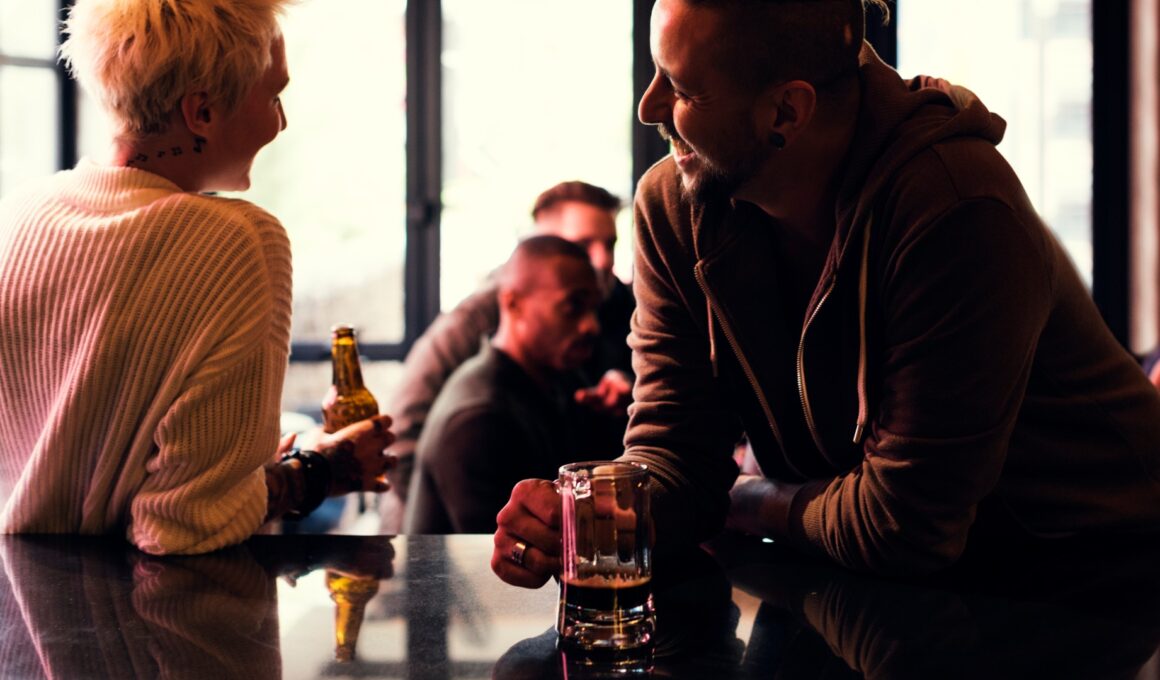It’s often quoted that when we are drunk our ‘true selves’ come out. Thus we are more likely to say the things we really mean and do the things we really want to. At times this can seem like a nice sentiment even – particularly when we’re drunkenly phoning our parents to tell them we love them, or texting our friends to tell them how important they are to us. Aww, that’s your ‘true self’…
But then you go on to pull your pants down in the pub, and to run around with a traffic cone on your head only to wake up the next morning in prison. So your true self is… a jackass? Of course some people are worse than that too: some people will become very angry when drunk and be prone to starting fights, while others might spend the whole night crying. So are those people just nasty or depressed people in reality? Are they simply hiding that the whole time when they’re sober?
The truth as always is not so simple. Read on to find out what’s really going on.
What Happens When You Drink
When you drink, your personality brain is affected from ‘front to back’ essentially. This means that the part that gets affected first is your frontal cortex, which is the part of the brain where most of our ‘higher functions’ take place: functions like forward planning, understanding of social rules, and maths. That’s why you start out by essentially just getting ‘dumber’ and why tests such as saying the alphabet backwards are so effective at catching people out who have been drinking.
But because our higher brain functions are also responsible for forward planning, for understanding social conventions and for impulse control. In other words, you with a few pints in you is you minus the impulse control, the logic and the intelligence (that’s a dangerous combination if ever there was one… ).
Is This You?
So then the theory goes that you without your inhibitions = the true you. The idea is that this is a little bit like being Jim Carey in The Mask – now you don’t have to be a doormat anymore and you can tell people what you really think and be who you really want to be.
Only that’s not exactly what’s happening here – as actually those higher cognitive functions are part of what makes you who you are. Generally the deeper parts of our brain – where emotions and impulses come from – make us act more like primitive and instinctive beings, but that’s not ‘who we are’. If anything, that’s almost like peeling back what makes us ‘us’ and exposing the animal driving it all.
So in a sense this is you without inhibitions, but that doesn’t mean that you’re driven by the same things that would drive you in real life: far from it in fact. Rather you will now be driven by impulse and emotion alone and will act very much ‘in the now’ making you fickle, quick to anger and overly emotional.
That said though, there might be moments when alcohol gives you the courage or the lack of foresight (take your pick) to say the things you really want to say. That doesn’t make that anymore the real ‘you’, it just means that you might be more likely to mouth off…





well written…
I would just like to tell you that I think that this article would be better if it had more scientific evidence proving or disproving this theory.